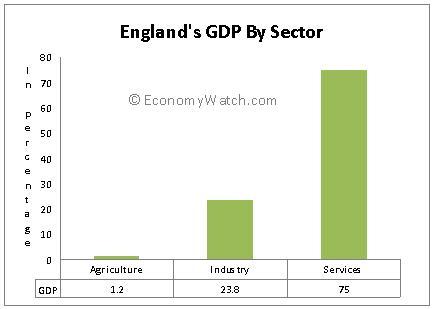- Politics
 The politics of England
since the formation of the United
Kingdom is subject to this, it is
important to remember that it is a
constitutional monarchy in which there
is no written constitution
as such, the head of government is the monarch, in this
case Queen Elizabeth, the which meets certain
features that some political
scientists regard as merely
representative, also responsible for
ensuring international politics and
in turn is the head of the Church
of England.
The politics of England
since the formation of the United
Kingdom is subject to this, it is
important to remember that it is a
constitutional monarchy in which there
is no written constitution
as such, the head of government is the monarch, in this
case Queen Elizabeth, the which meets certain
features that some political
scientists regard as merely
representative, also responsible for
ensuring international politics and
in turn is the head of the Church
of England.The government or cabinet is preceded by the prime minister who is accompanied by some ministers that make up what was formerly known as the Privy Council, although at present this advice complies with the administrative functions and executive function.
Another organ of power is the Parliament which is designed as a bicameral body consisting of the House of Lords, is also known as the Upper House and is composed of 733 representatives, they are not elected by the election but are designated as their right to be part of this, within these Lords Spiritual are comprised of 26 bishops chosen for their prestige and Temporary Lords who have the right to belong in a lifetime but not hereditary, from several reforms. The lower house is that if exposed to be chosen through elections, and the party with majority chooses the Prime Minister.
- Economy
 England
has one of the world’s biggest economies. It is a mixed economy (both public
and private) which has been reducing public ownership over the last two
decades. While it was the first to industrialize in the 18th century, England’s
economy has shifted more towards the service sector over the years,
particularly insurance, tourism, business services, and banking. England also
has significant oil, gas, and coal reserves, but they are steadily declining.
England
has one of the world’s biggest economies. It is a mixed economy (both public
and private) which has been reducing public ownership over the last two
decades. While it was the first to industrialize in the 18th century, England’s
economy has shifted more towards the service sector over the years,
particularly insurance, tourism, business services, and banking. England also
has significant oil, gas, and coal reserves, but they are steadily declining.
England
was once a class-ridden society. Today, multiculturalism and a changing economy
are gradually eroding the British class system, but some features of the system
still remain.
- Social order
The
British society has often been considered to be divided into three main groups
of classes: Upper Class: people with
inherited wealth. Includes some of the oldest families, with many of them being
titled aristocrats; Middle Class: It´s the
majority of the population of Britain. They include industrialists,
professionals, business people and shop owners; and Lower or Working Class:
People who are agricultural, mine and factory workers.
- Daily activities of the people
Pubs: The word pub is short for public house. There are
over 60,000 pubs in the UK, especially in England there are 53,000 pubs. Pubs
are an important part of British life. People talk, eat, drink, meet their
friends and relax there. Pubs often have two bars, one usually quieter than the
other, many have a garden where people can sit in the summer. Children can go
in pub gardens with their parents.
Shops:It is the number one
leisure activity and accounts for around 37% of all money spent in England. The
main shopping street has small shops are owned by local people. Most are owned by
national 'chains' of stores. This makes many town centers look the same. Some
towns also have street markets where fresh food and cheap goods can be bought.
Away from the town centre, small corner shops provide groceries to local
customers.
Here, there is a video about the worldview of England


No hay comentarios:
Publicar un comentario